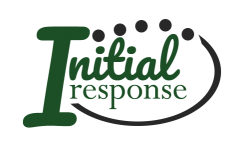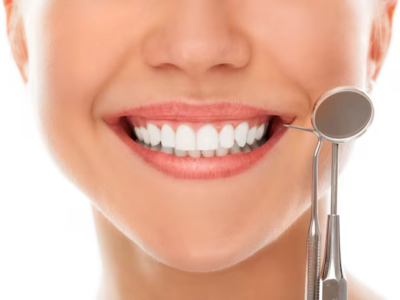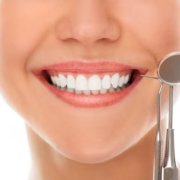Leasing is an agreement between a dental clinic and a lessor in which the clinic agrees to pay for the use of dental equipment over time. The lessor is typically a dental equipment manufacturer or distributor. The lease agreement may specify a number of different terms, such as the length of the lease, the amount of the monthly payments, and the type of dental equipment being leased.
This can be a good option for dental clinics that need new equipment but may not have the up-front capital to purchase it outright. You should contact a San Diego Dental Attorney before taking a lease for your dental practice.
What are triple net, gross, and modified gross leases for a dental clinic?
- Triple-net lease
It is a commercial real estate lease agreement in which the tenant or renter is responsible for paying all of the property’s operating expenses and rent. The lessee is also responsible for property taxes, insurance, and any common area maintenance fees.
- Pros
It often provides a lower overall rental rate. This can be a significant advantage when trying to keep costs down, especially for a start-up business.
- Cons
It may require the tenant to have a higher responsibility regarding property taxes and insurance. Additionally, the tenant may be responsible for any repairs or renovations that need to be made to the property.
- Gross lease
A gross lease means the landlord pays the real estate taxes, building insurance, and common area maintenance. These expenses are passed on to the tenant through higher lease payments. The advantage to the tenant is that the tenant’s lease payment is guaranteed, regardless of how high these expenses become.
- Pros
The tenant is not responsible for paying property taxes, common area maintenance charges, or insurance premiums.
- Cons
The tenant may have to pay a higher rent than if they were on a net lease. The tenant may also be responsible for their utilities and janitorial services.
- Modified gross lease
It is a lease agreement where the landlord agrees to pay for all or most of the building operating costs (utilities, janitorial, insurance, repairs, and maintenance) on behalf of the tenant. For example, suppose a dental practice is leasing a dentist’s office from a landlord. In that case, the landlord agrees to pay a portion of the utilities, janitorial, insurance, repairs, and maintenance costs associated with the dentist’s office.
- Pros
It can provide a lower overall cost for the clinic since the tenant is responsible for a portion of the property taxes and insurance. Additionally, the tenant may have more control over the property since they are responsible for maintaining it.
- Cons
The dental clinic may have less flexibility regarding how the space can be used, and the property may have more wear and tear since the tenant is responsible for upkeep.













Comments